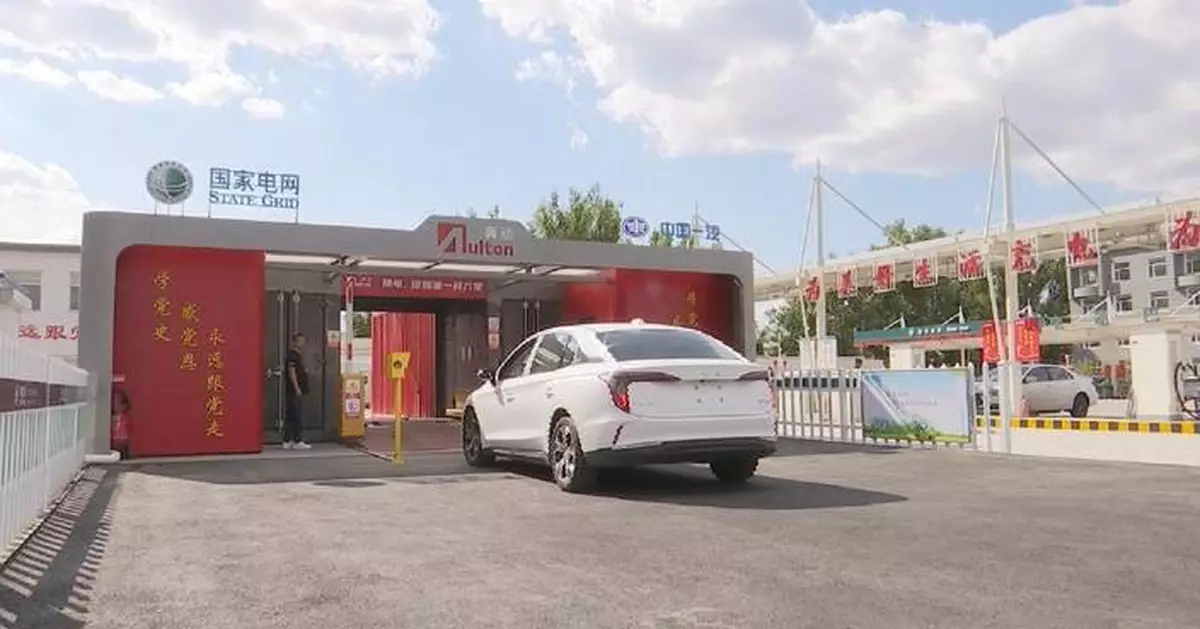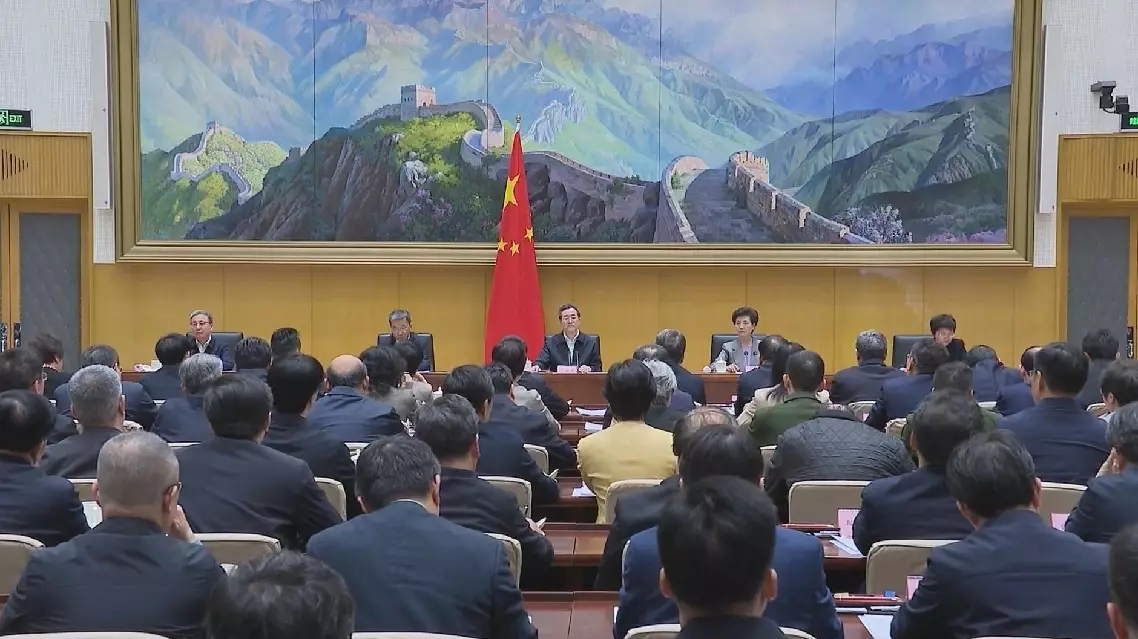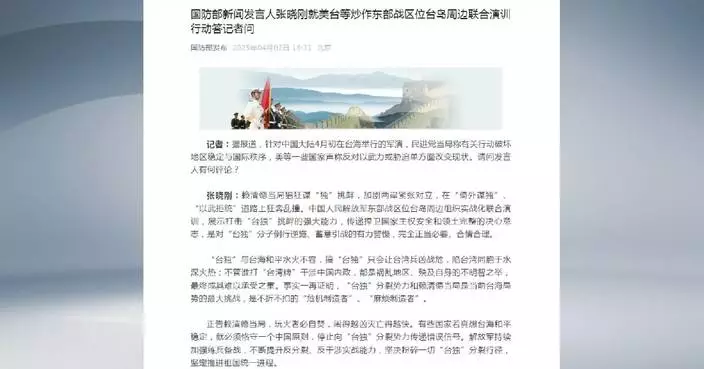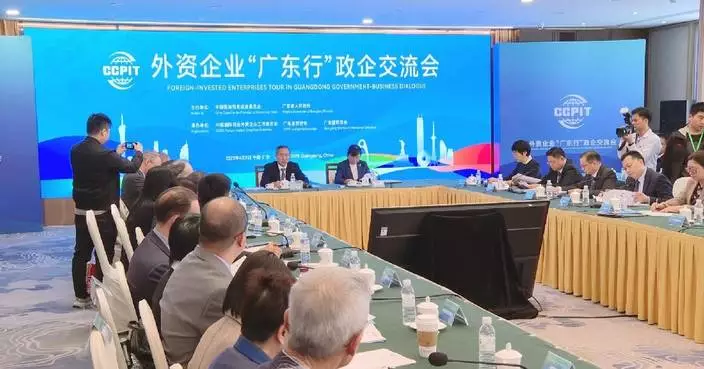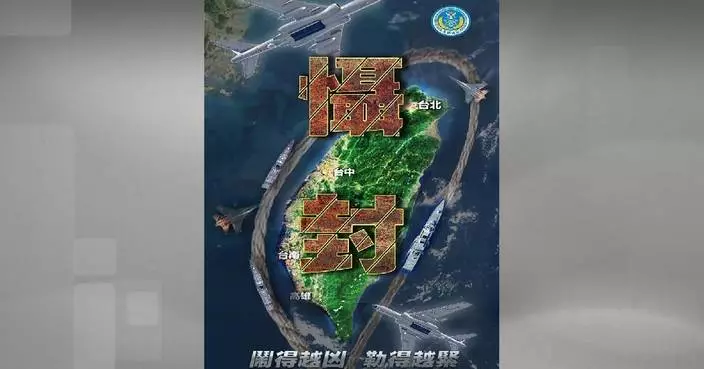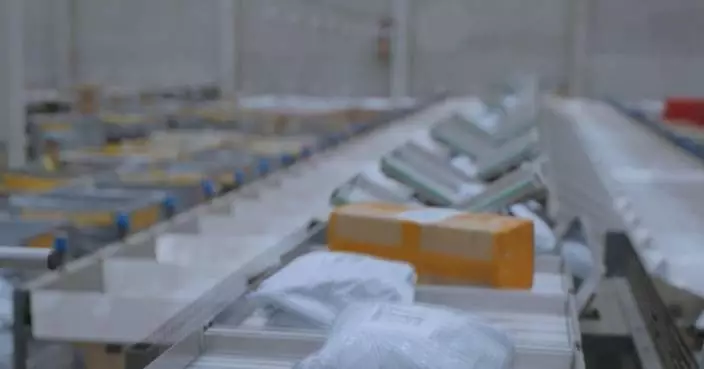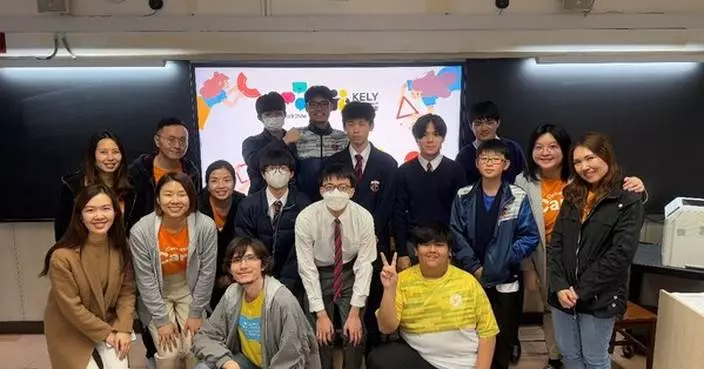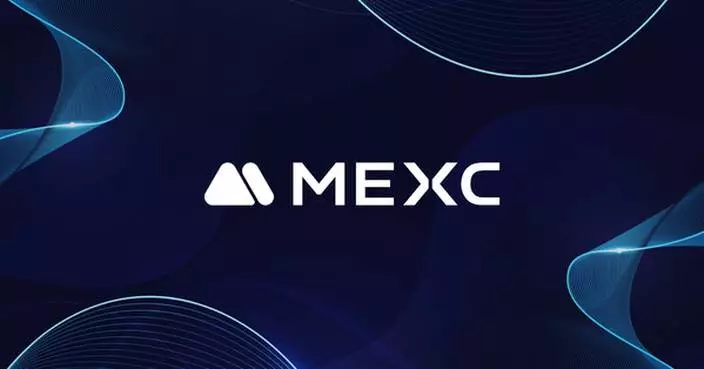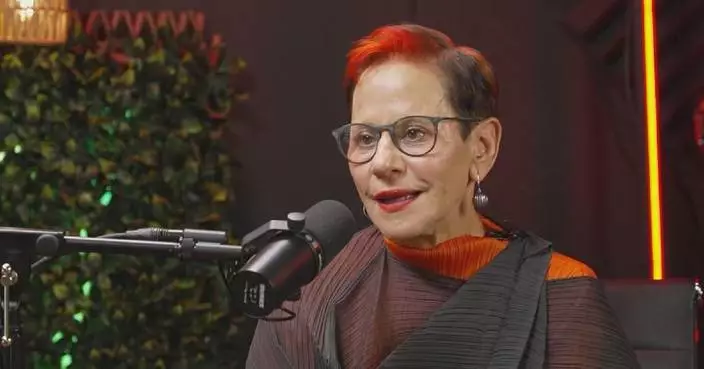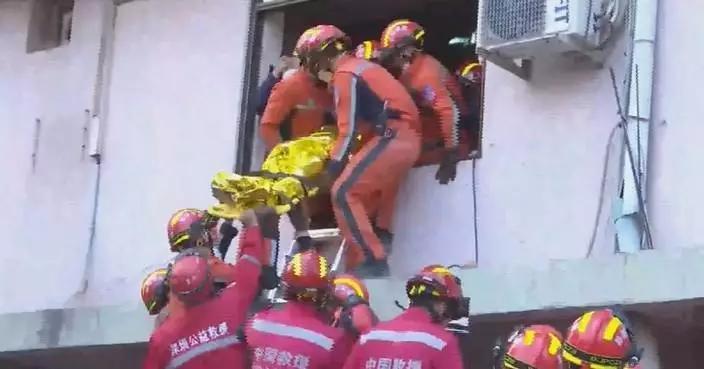China's new energy vehicle (NEV) industry is advancing toward greater efficiency and more greener energy solutions, driven by diversified market demands and more integrated resources, according to industry officials and executives at a major forum that concluded Sunday in Beijing.
The three-day China EV100 Forum 2025 brought together government officials and executives from automotive, energy, transportation, and telecommunications to discuss the latest trends and policies, seeking more coordinated moves in NEV industry under the theme "Strengthening Electrification and Advancing Intelligence for High-Quality Development."
NIO is one of the EV companies that invested a lot in battery swapping and set up 3,206 stations as of March 2025.
Not long ago, it joined hands with Contemporary Amperex Technology Co., Limited (CATL) - China's top battery maker, to establish the world’s largest battery-swapping network for passenger cars and promote universal standards for battery-swapping techniques.
NIO's CEO Li Bin said, "Over the past two years, we've reached strategic cooperation with seven automobile companies on battery swapping from technology to operation. With an open and collaborative attitude, the development of battery swapping ecology has been advancing along with the whole industry."
The interaction between NEVs and new power systems is reshaping the energy development pattern. According to a state energy administration official, China will put more effort into facilitating the deep integration between vehicles and the power grid.
"Next, we will actively promote the deep integration between charging and discharging facilities with new technologies like smart grid big data and intelligent connected autonomous vehicles, guide local authorities to explore and innovate based on large-scale pilot projects of vehicle-network interaction, as well as carry out intelligent transformation and upgrading of orderly charging and two-way charging and discharging facilities," said Huang Xuenong, regulatory director of National Energy Administration.
Meanwhile, some enterprises have connected their online platforms with onsite stores, forming a new ecosystem in vehicle after-sales services.
"We have over 20 million NEV customers. With the rising trend of NEVs, in 2024, our sales related to NEVs accounted for more than 50 percent of the total," said Miao Qin, vice president of JD.com.
Tuhu Automotive Service, another firm that provides vehicle after-sales services, is also trying to compete in the NEV market.
In 2024, the number of NEV customers on Tuhu’s online platform increased by 105 percent year-on-year, reaching 2.7 million and taking up more than 11 percent of the total users.
"NEVs have more personalized demand. Demands from our customers will be submitted to our manufacturing end, connecting the customers with manufacturers. Our customer volume has been significantly increased," said Hu Xiaodong, CEO of Tuhu Automotive Service.
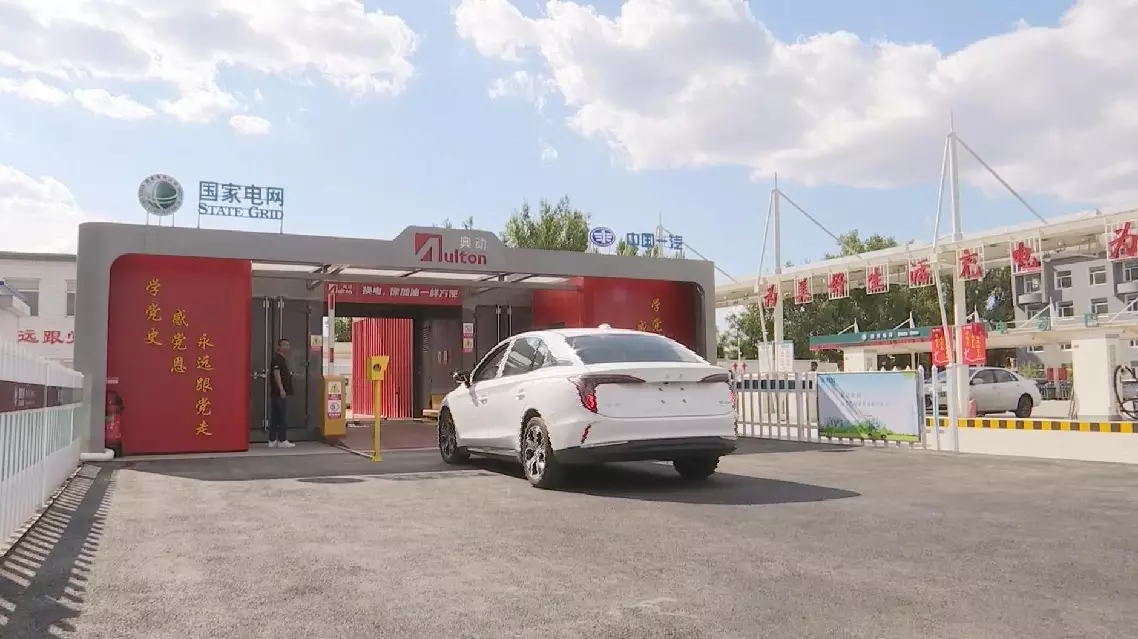
China's NEVs industry moves into greener and more efficient ecosystem: experts


